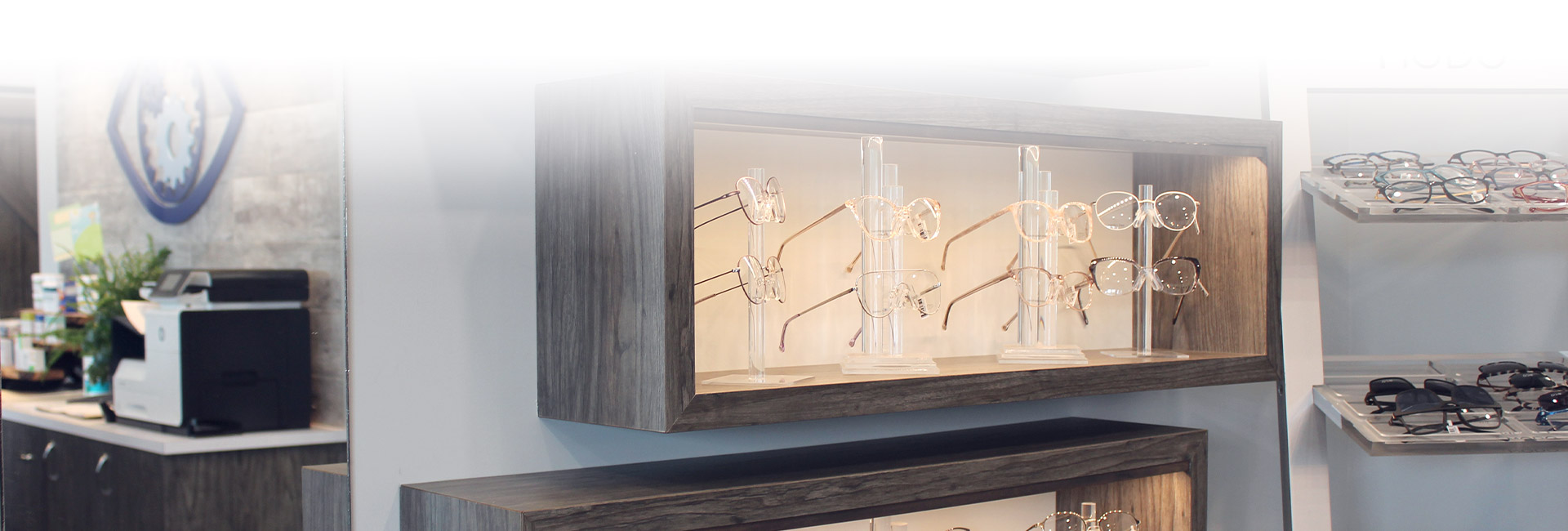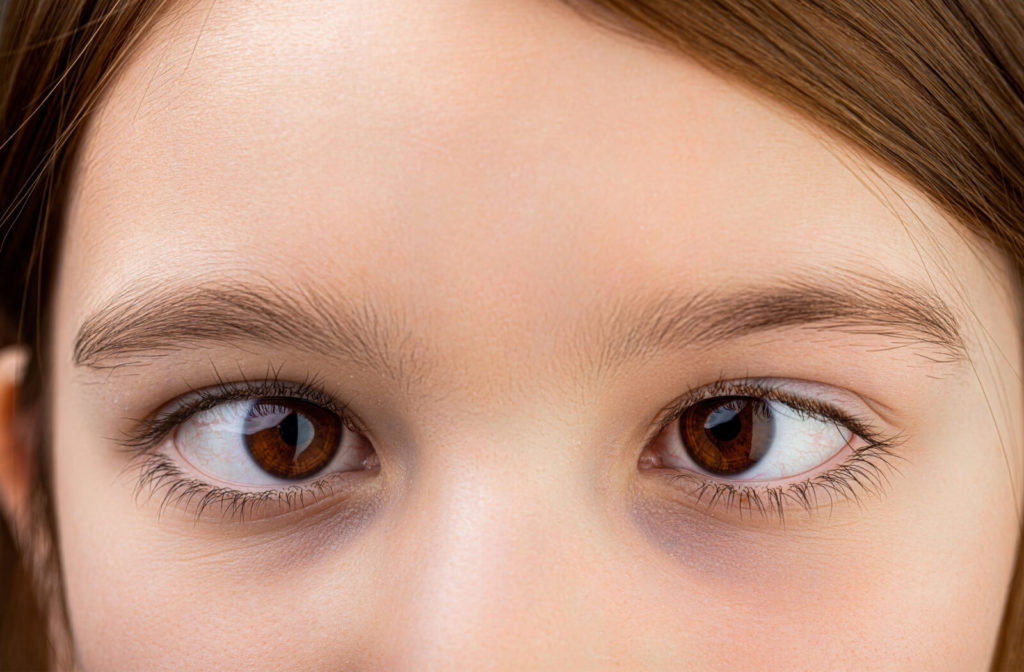Clear vision is necessary to navigate everyday life with ease, but what happens when your eyes can’t cooperate? Binocular vision dysfunction, also known as binocular vision disorder (BVD), is a condition that affects the way your eyes work together.
When your eyes are not in perfect tandem, adequate depth perception and clear visual focus can be hard to achieve, leading to a range of issues that can impact daily living.
Thanks to modern optometry, a vision therapist can help strengthen the relationship between your eyes and your brain to help them work together. There are also visual aids, like prism lenses, that can improve your visual efficiency. Finding the right treatment for you begins with a binocular vision assessment.
What Causes Binocular Vision Dysfunction?
Binocular vision dysfunction can occur due to several factors that disturb the alignment or motility of the eye. Some children are born with BVD, while adults may acquire BVD later in life. Certain medical conditions, such as diabetes, thyroid disease, or multiple sclerosis, can also cause or worsen binocular vision dysfunction.
Can Binocular Vision Dysfunction Develop Suddenly?
Some potential causes of sudden onset binocular vision dysfunction can include head injuries, stroke, certain medications, or eye surgery. In some cases, it may also be brought on by stress or fatigue.

Diagnosing Binocular Vision Dysfunction
Diagnosing binocular vision dysfunction begins with a comprehensive eye exam. During an eye exam, your eye doctor can assess your eye movement, tracking, visual acuity, and eye alignment. They also use specific tests to determine the compatibility between your 2 eyes to assess whether they’re working as a team. This exam can help the eye doctor to identify the cause of your discomfort and recommend an appropriate treatment.
After, you may be asked to complete a binocular vision assessment to uncover the cause of your vision difficulties and determine your best treatment plan moving forward.
Binocular Vision Dysfunction Symptoms
Binocular vision dysfunction can cause you to experience symptoms such as:
- Headaches
- Eyestrain
- Poor reading or tracking
- Dizziness
- Double vision
- Discomfort
Many people struggling with BVD have trouble reading or working on a computer for long periods. Over time, these symptoms can lead to chronic migraines, fatigue, and more.
Treating Binocular Vision Dysfunction
The good news is that binocular vision dysfunction is often treatable.
Treatment options include:
- Vision therapy—a nonsurgical approach that involves exercises to strengthen your visual efficiency and coordination.
- Prism lenses—help to create better visual comfort by bending light to achieve better eye coordination.
- Corrective prescription eyewear—glasses or contacts can help correct vision and align the eyes to work as a team.
Prism Lenses
Rather than only correcting refractive errors, such as hyperopia (nearsightedness) or myopia (farsightedness), prism lenses alter the way a person perceives space which allows them to point their eyes more accurately.
Prism lenses bend light and help the eyes work together. This means that, for those with binocular vision dysfunction, prism lenses can offer relief from frustrating symptoms such as eye strain, fatigue, headaches, and double vision.
Personalized Lenses for Your Vision
Prescription lenses can be personalized to suit each individual’s specific needs. Your eye doctor can measure a neuro-functional prescription to help correct your BVD.
Correct Your Binocular Vision Dysfunction
Binocular vision dysfunction is a condition that can affect how your eyes work together. The symptoms can be uncomfortable and impact the quality of your everyday life. However, proper diagnosis and treatment can help manage this condition.
If you think that you may have binocular vision dysfunction, please book an appointment with Beyond 20/20 Optometry to discuss your options. Treating your visual health is essential in maintaining your overall well-being.




